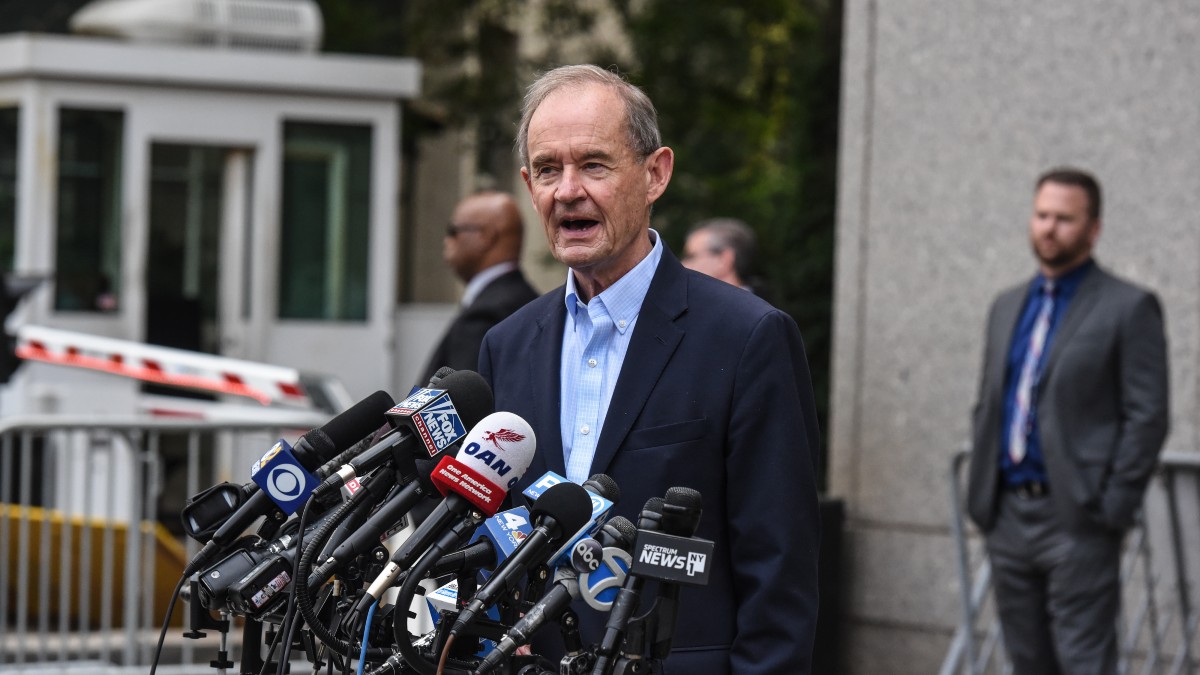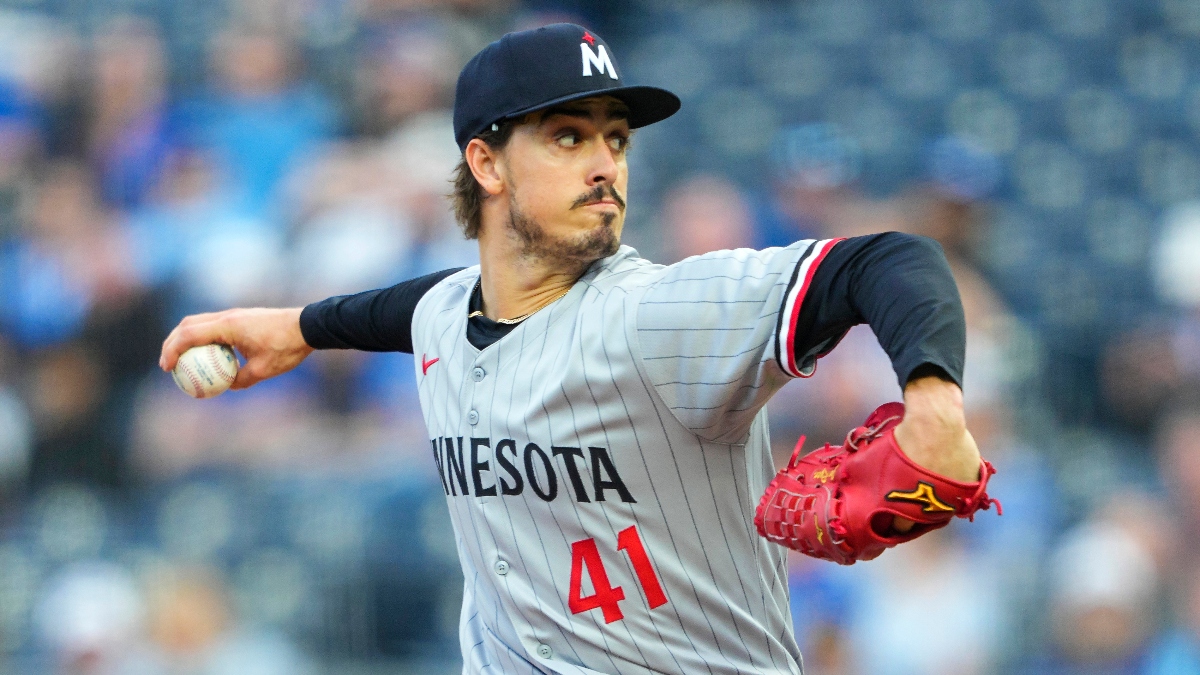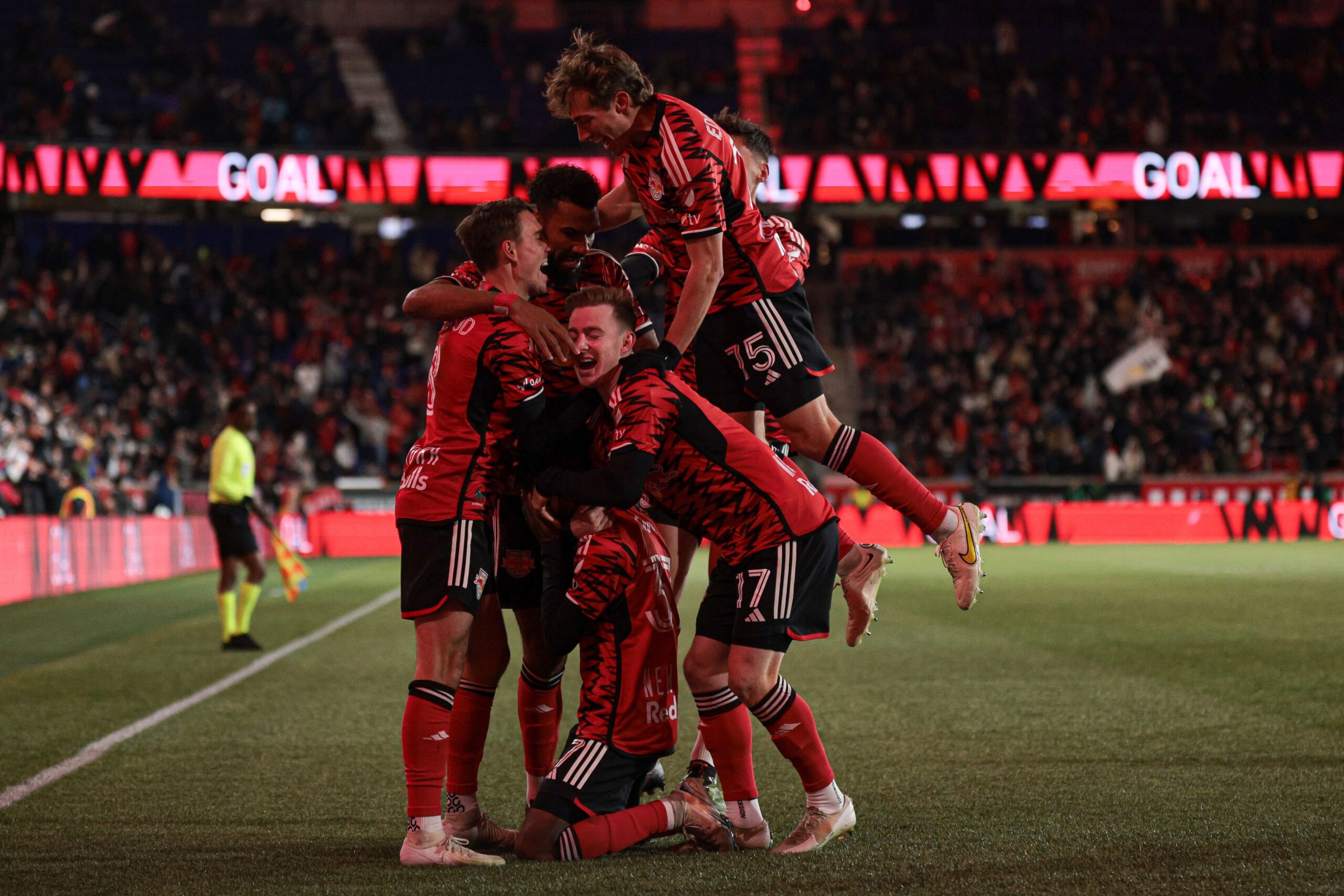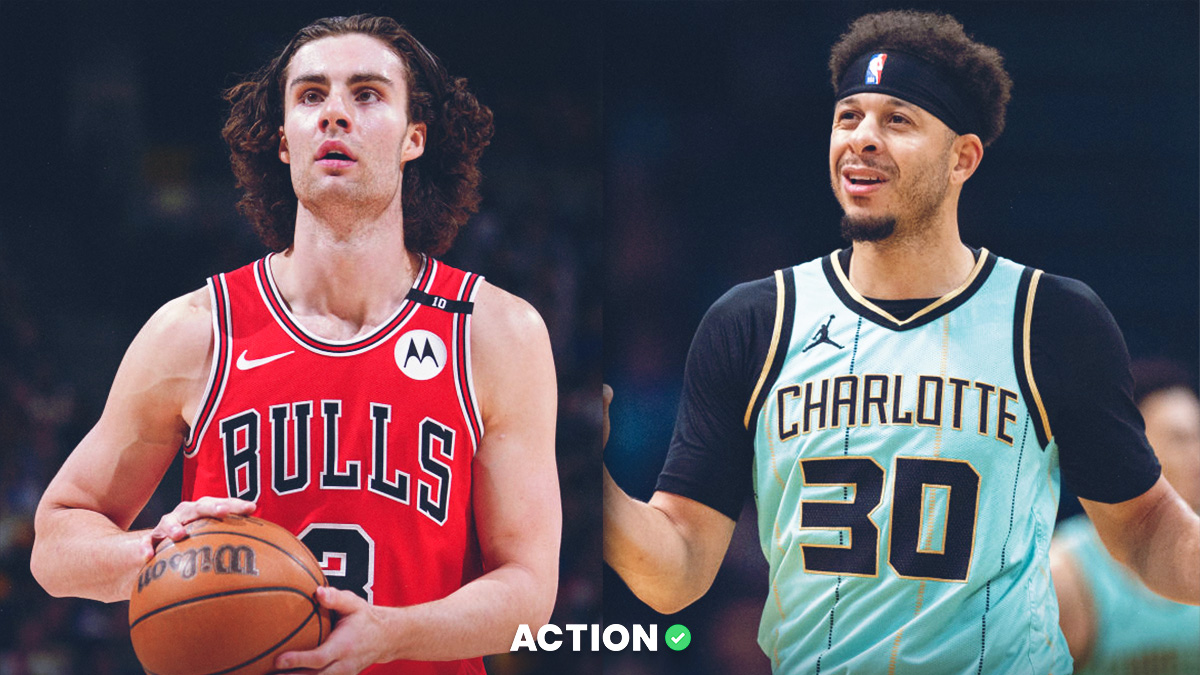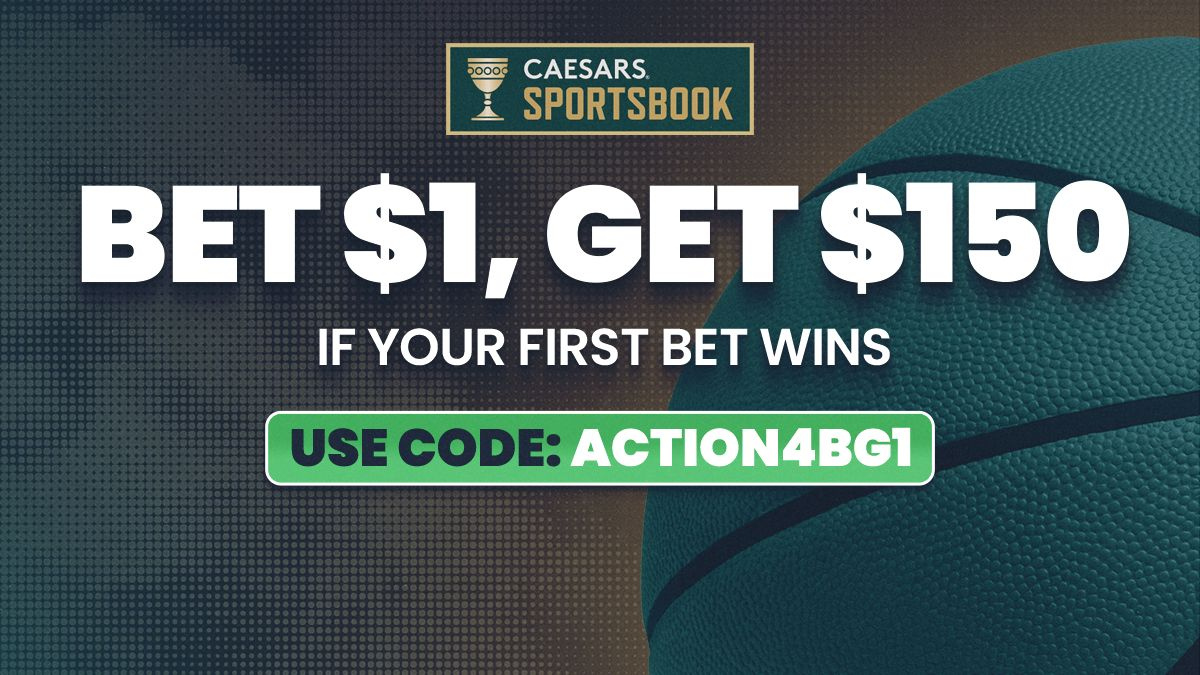On Thursday of last week, Panini sued Fanatics, accusing them, among other things, of violating antitrust laws by seeking to dominate the trading card market. On Monday, Fanatics countersued, saying that the company's acquisitions of the NBA and NFL licenses, which Panini currently holds, is a victory for the consumer because Panini is incompetent and that the players associations and the leagues decided that Fanatics was better.
This is gonna be a fun one.
We sat down with Panini attorney David Boies, whose 50-plus year legal career has run the gamut from representing the government in its case against Microsoft to Al Gore in the famous hanging chad Presidential Election to the NFL in its case against Tom Brady.
Darren Rovell: David, one of the contentions Fanatics makes in its lawsuit filed today is that antitrust is not an issue because Fanatics has proven that it is a better company than Panini, so it's better for the consumer.
David Boies: First of all, what is best for the consumer is defined by the consumer, not the companies.
Rovell: Fanatics makes the case that the players associations and the leagues chose Fanatics and, in doing so, said that the competition was fair, Panini just lost.
Boies: It would have been fine if the rights were publicly up and these leagues and unions took bids. But that never happened. Fanatics never competed with Panini for these rights on the merits of their businesses because they got the deals they did in an unfair environment. They bought production facilities, they raided employees and they signed extraordinarily long, historical contracts with the four major leagues.
Rovell: Fanatics claims in the lawsuit that they bought the trading card factory they did so that they could better it and they say that buying it helped production timelines and is better for the consumer.
Boies: It would have been fine if they bought any factory. But they bought a factory that made Panini cards and the factory's contract with Panini said that Panini would have to approve a change of control. Panini protected itself with that provision and Fanatics simply induced the printing company to violate that. It's just like the lack of open bidding for the rights. Four of the major leagues decided to do deals with Fanatics behind the back of the incumbent partners and when one league, the National Hockey League, wanted to do it above board, Fanatics lost.
Rovell: You've made a deal not only about the deals getting done but the length of the deals.
Boies: These aren't just deals. These are 20-year licensing deals. Decades long deals for the four major sports. When you do deals of this length, that have never been done before in the modern era of trading cards, you are effectively leaving no one left to compete with you. That's the definition of a monopoly.
Rovell: Fanatics says that Panini's incompetence must be recognized by the court because in an antitrust suit you must show that the consumer is getting harmed.
Boies: The attack on Panini is completely absurd. The business and products grew exponentially since they took over their rights. That didn't happen on its own. Since 2009, when Panini entered the market to 2022, Panini America's net revenue has grown more than 6,000%. Since its partnership with the NFL in 2016, Panini America's net revenue has grown more than 800%. And if they were such an incompetent business, why did Fanatics steal so many of their executives in recent months for their own business?
Rovell: How much is at stake here?
Boies: Billions of dollars.


